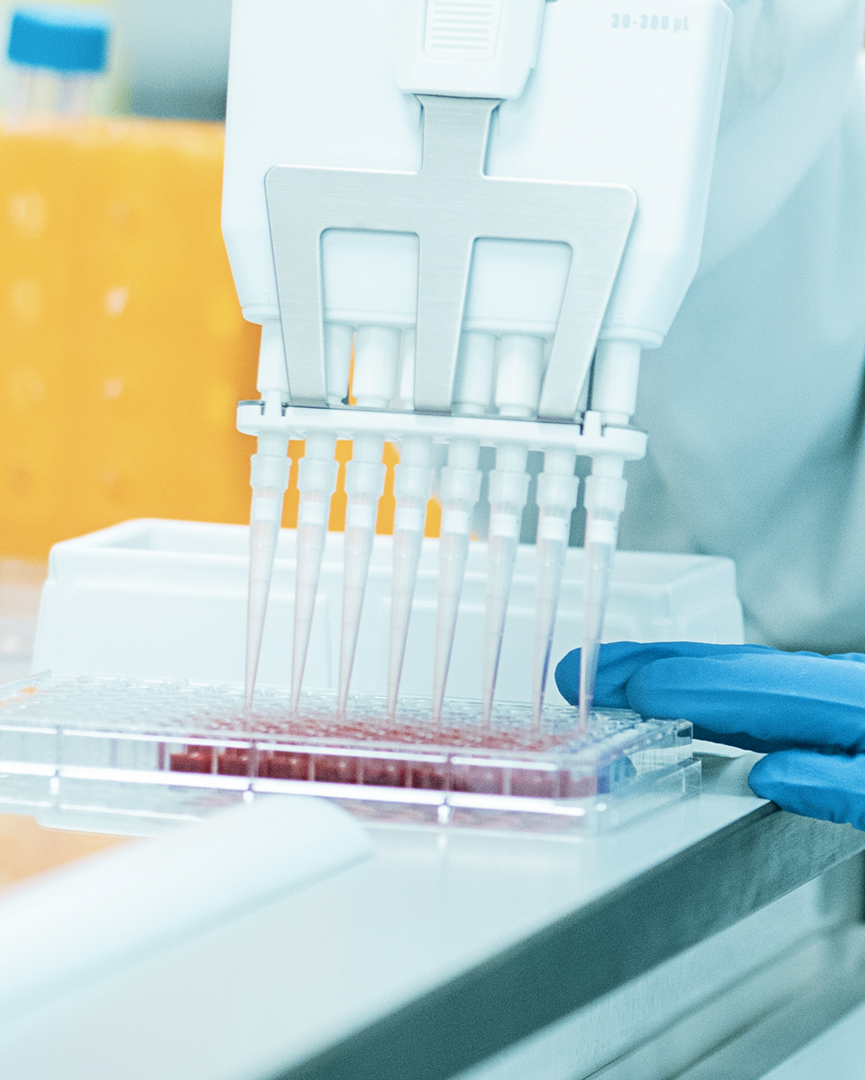GLOMERULAR KIDNEY DISEASES
Purespring is developing podocyte-targeted therapies for diseases originating in the kidney glomeruli, also known as glomerular diseases.
Glomerular diseases constitute a diverse set of conditions including genetic disorders, inflammatory or autoimmune disorders, and conditions secondary to systemic diseases. Glomerular diseases affect patients of all ages and are the main cause for kidney failure in up to 25% of patients receiving dialysis, but are the main cause for kidney failure among children, adolescents and young adults.
Early stages of a glomerular disease may not cause any symptoms, but as the ability of the kidney to filter blood to create urine is impaired it will often become possible to detect proteins and sometimes blood in the urine. Patients sometime notice when they develop frothy or dark colour urine. In many cases a kidney biopsy, using a needle to collect a small piece of kidney tissue, is required to diagnose glomerular disease. A genetic screen will also frequently be performed, especially in young patients suspected of a glomerular disease.
Traditional treatments for glomerular diseases include blood pressure control, dietary restrictions, inhibitors of the renin-angiotensin-aldosterone system, and careful monitoring. Inflammatory or autoimmune forms of glomerular diseases are often treated with immunosuppressive therapies to dampen the inflammation in the glomeruli.
Most glomerular disorders lack a definitive therapy to completely protect patients from disease progression and ultimately kidney failure. Early diagnosis is therefore critical. The sooner patients know that they have a glomerular kidney disease, the sooner they can make changes to protect their kidneys and their health.
At Purespring we have made it our mission to treat glomerular diseases and help patients who do not have satisfactory treatment options. As we develop gene therapies, we envisage a future when a single treatment with a Purespring therapy may result in the life-long protection of kidneys, as part of our ultimate goal to prevent end-stage kidney disease and avoid the need for dialysis or transplantation.





